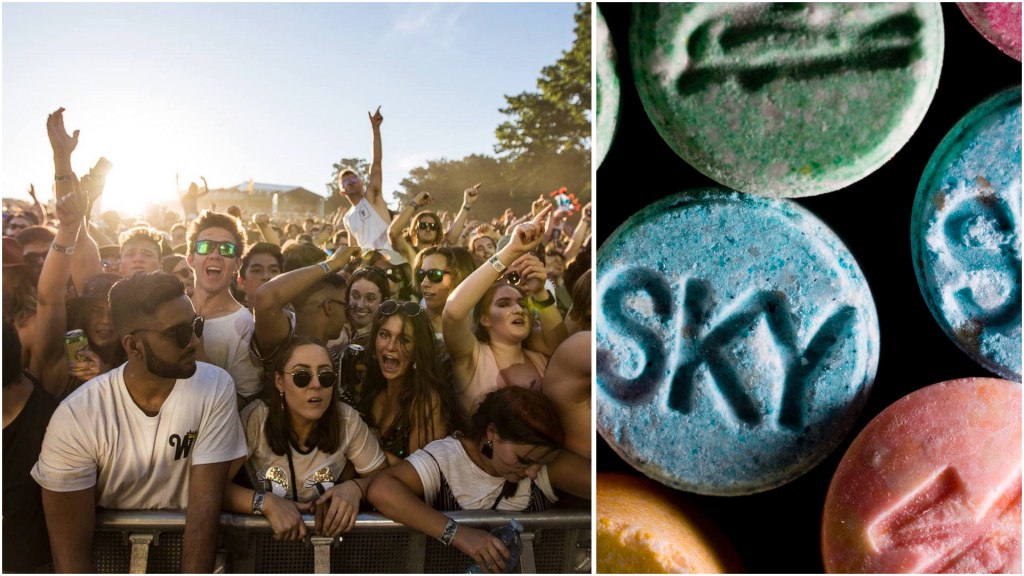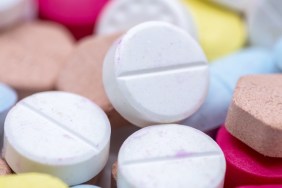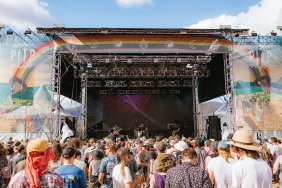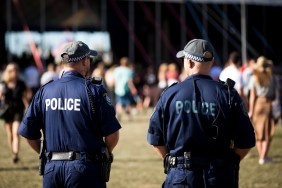A major fundraiser has been launched to help support the roll out of pill testing programs at more Australian music festivals, after Groovin The Moo hosted a successful Aussie-first trial in April.
Harm Reduction Australia (HRA) — part of the STA-SAFE Consortium, which ran the Groovin The Moo trial — is seeking to raise $100,000 so that it can host more pill testing programs across Australia.
The group’s President and co-founder, Gino Vumbaca, tells Music Feeds that the money will allow HRA and STA-SAFE “to lease equipment needed, and depending on the location of festivals, do at least another four or five pill testing programs, possibly more depending on how much pro-bono support we get”.
Vumbaca says pill testing advocates have been “communicating with festival promoters in a number of states” since Groovin The Moo’s pilot program in Canberra discovered a number of disturbing details about drugs tested at the event.
The Groovin The Moo trial was only possible because of financial and voluntary contributions from members of STA-SAFE, and pro-bono contributions, free legal advice and the free loan of equipment from a number of supporters.
However, STA-SAFE says it now needs to raise funds for more pilot programs.
As part of the fundraiser, HRA will list supporters who donate under $500 as a “supporter” on its website, while individuals and organisations who donate over $500 will become “honorary shareholders”.
Any organisations or individuals who can’t contribute financially can still pledge their support, and can have their support listed on the HRA website.
For information on how to donate or pledge your support, visit the HRA website.
In July, HRA wrote to all Federal, State and Territory Governments to offer pill testing in their jurisdictions, after the final report from Groovin The Moo’s Canberra trial deemed the program an “overwhelming success”, with 83 per cent of users rating the service as ‘very good’ and 13 percent rating it as ‘good’.
The cost of the trial was estimated to be $34,000.












